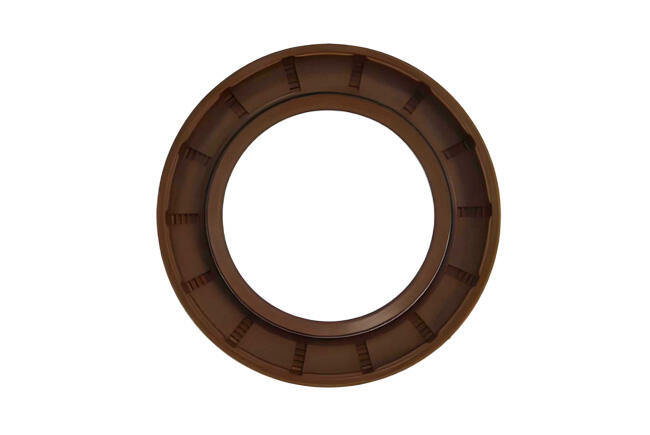In the sealing industry, fluoroelastomer (FKM) are found in chemical pumps, refinery valves, automotive fuel systems, and even in the compressors of household appliances. However, despite the excellent performance of this material, some precautions must be taken during installation to avoid leakage.
The Hidden Cost of Poor Installation
When a seal fails prematurely, the immediate reaction from end users is often to question the quality of the product. For a distributor, this can quickly escalate into warranty claims, strained relationships, and lost opportunities. But in many cases, the root cause is not defective material. It is a scratched groove, an overstretched ring, or the wrong lubricant applied during assembly.
One chemical plant in East Asia, for example, reported repeated leakage in a pump line. The seals were genuine FKM, supplied by a reputable distributor. After investigation, it turned out that the maintenance team had been using petroleum grease to ease installation. Within weeks, the seals swelled and hardened, leading to failure. The distributor’s intervention — providing installation training and recommending silicone‑based lubricants — not only solved the problem but also strengthened the client relationship.

What Distributors Should Emphasize
Surface preparation matters: Grooves and shafts must be free of burrs and sharp edges. Even minor scratches can shorten service life.
Lubricant compatibility: A seal that resists aggressive chemicals can still be compromised by the wrong assembly grease.
Dimensional accuracy: “Almost fits” is not acceptable. A mismatch of even a fraction of a millimeter can lead to leakage.
Compression control: Over‑compression may provide a temporary seal but will accelerate permanent deformation.
Conversations That Build Trust
Distributors who succeed in this market often share not just products but also knowledge. Consider these typical exchanges:
Customer: “The seals we bought last year didn’t last as long as expected.” Distributor: “Let’s review the installation process together. In many cases, adjusting the lubricant or checking groove finish makes a big difference.”
Customer: “Do we need special storage conditions?” Distributor: “Yes, avoid direct sunlight and humidity. A cool, ventilated warehouse ensures the seals remain stable until use.”
Customer: “How do I justify the higher cost of FKM to management?” Distributor: “Share performance cases. One refinery extended maintenance intervals from six months to two years after switching to FKM. The savings in downtime outweighed the initial cost.”
Market Insight: Service as a Differentiator
In today’s competitive landscape, selling seals is no longer just about material properties. Customers expect guidance, training, and after‑sales support. Distributors who provide installation checklists, on‑site demonstrations, or even short technical bulletins are positioning themselves as partners rather than suppliers. This approach reduces returns, builds loyalty, and creates a reputation for reliability.
Fluoroelastomer seals are engineered to withstand some of the harshest industrial conditions. But their real‑world performance depends as much on installation practices as on the compound itself.
 Hot News
Hot News